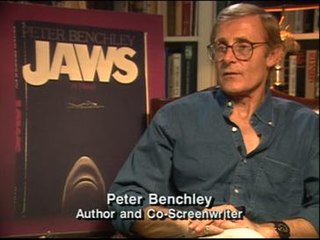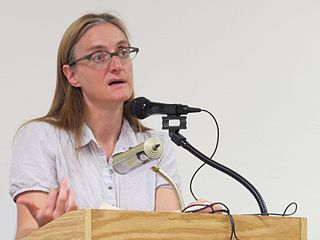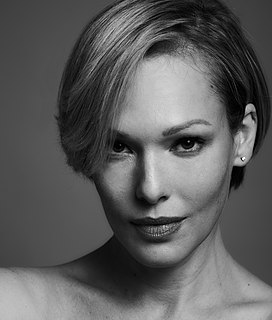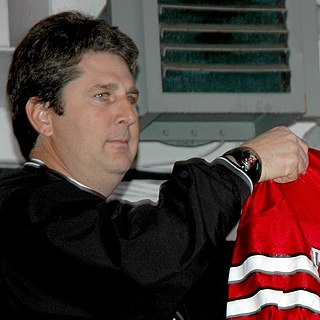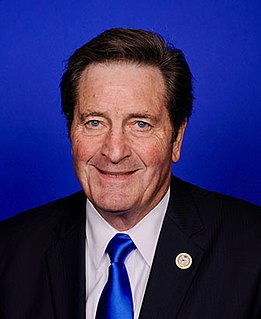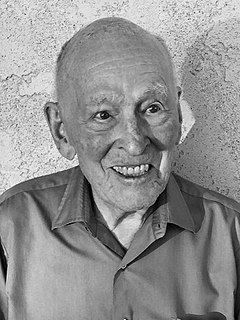A Quote by David Quammen
But private lands development around the periphery of the parks - Grand Teton and Yellowstone - is a crucial issue because if those private lands are transformed from open pastures, meadow, forest land to suburbs, to little ranchettes, to shopping malls, to roads, to Starbucks - if those places are all settled for the benefit of humans, then the elk are not going to be able to migrate in and out of Yellowstone Park anymore. And if the elk can't migrate into the park, then that creates problems for the wolves, for the grizzlies, for a lot of other creatures.
Quote Topics
Able
Anymore
Around
Because
Benefit
Creates
Creatures
Crucial
Development
Elk
Forest
Going
Grand
Grizzlies
Humans
Issue
Land
Lands
Little
Lot
Malls
Meadow
Migrate
Open
Other
Out
Park
Parks
Pastures
Periphery
Places
Private
Problems
Roads
Settled
Shopping
Starbucks
Suburbs
Then
Those
Transformed
Wolves
Yellowstone
Related Quotes
There was a very important superintendent of Yellowstone, a man who was involved in the founding of the National Park Service itself, Horace Albright. And he became superintendent, which is the boss of Yellowstone Park, in 1919 - from 1919 to 1929. Later, he was director of the park service itself. Albright embraced the idea that in order for the national parks - and Yellowstone in particular - to have support from the American people and from politicians, there needed to be wildlife as spectacle.
Elk have not been seen in Switzerland for many a year. In the interests of scientific accuracy, please strike the idea of elk from your mind. If you must, think of ibexes instead, a fierce and agile type of goat with great spiraling horns. Marmots will also do in a pinch, but under no circumstances should you think of elk. No. Elk. The elkless among you may now proceed.
My argument for that is: Why not create urban farms that are like parks, on public land? There actually is a park that I see as a model: Dover Street Park in Oakland. They took this park that has swings and playground-type things and turned it into a farm. There's not chickens, just annual vegetables interspersed with fruit trees. And it's super cool because you see people playing with their kids and then they go pick raspberries and some greens for dinner.
When I thought about Detroit, I would think big city, very urban - not a lot of places to walk around, not a lot of parks. I sort of pictured Manhattan almost, where, besides Central Park, it's all city and big buildings. But now that I'm here, you see people pushing strollers, people hanging out in the park.
The decay of the late, great country of South Africa is beginning to become apparent. The name of the Transvaal has been officially changed to 'Gauteng.' (One of our friends has suggested that in view of this its inhabitants in the future should be referred to as Oranggautengs.) ... And now there is a move afoot to wreck the Kruger National Park, one of the wonders of the world, on the notion that a good bit of its land was 'taken from the blacks.' This idea is somewhat akin to giving Yellowstone Park back to the Blackfeet.
Maybe you weren't born with a silver spoon in your mouth, but like every American, you carry a deed to 635 million acres of public lands. That's right. Even if you don't own a house or the latest computer on the market, you own Yosemite, Yellowstone, the Grand Canyon, Golden Gate National Recreation Area, and many other natural treasures.
You can hike into the Yellowstone backcountry. You can camp in the Yellowstone backcountry. You can take food into the Yellowstone backcountry, and you're surrounded by grizzly bears. And it's - it's a very, very thrilling, peculiar situation. Every sound that you hear in the night, you wonder is this a grizzly bear coming to tear into my tent?



